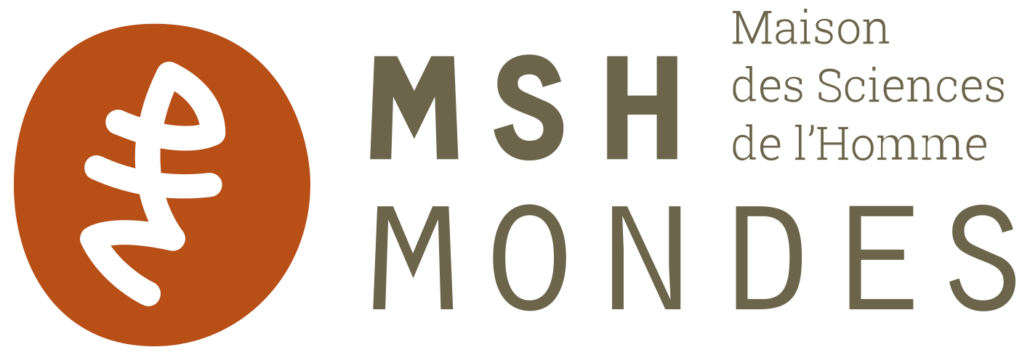| Current library | Call number | Status | Notes | Date due | Barcode |
|---|---|---|---|---|---|
| Nanterre : MSH Mondes - Bibliothèque d’archéologie et des sciences de l’Antiquité | A.000/100 DIAZ (Browse shelf(Opens below)) | Available | P1 ERA ProtoEg 08-02-2011 4500042355 | BMRG18104 | |
| Paris : Histoire naturelle de l'Homme préhistorique - Bibliothèque de l'IPH | AN 3986 P/6 (Browse shelf(Opens below)) | Available |
Bibliogr. p. [414]-460. Notes bibliogr. Index
Margarita Diaz-Andreu offers an innovative history of archaeology during the nineteenth century, encompassing all its fields from the origins of humanity to the medieval period, and all areas of the world. The development of archaeology is placed within the framework of contemporary political events, with a particular focus upon the ideologies of nationalism and imperialism. Diaz-Andreu examines a wide range of issues, including the creation of institutions, the conversion of the study of antiquities into a profession, public memory, changes in archaeological thought and practice, and the effect on archaeology of racism, religion, the belief in progress, hegemony, and resistance.
(Source : éditeur)








There are no comments on this title.